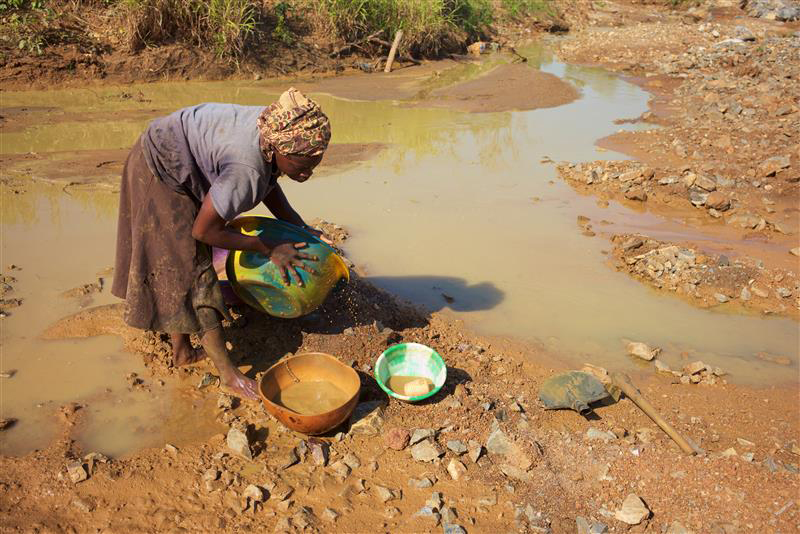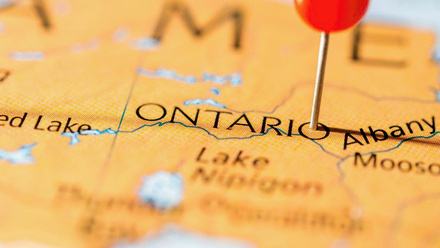£80,000 investment to support artisanal and small-scale mining communities
The aim is to improve health and safety in these communities.

A woman searching for gold in a river
© Senderistas/shutterstockThe project, invested in by NEBOSH, is coordinated by the International Occupational Medicine Society Collaborative (IOMSC) and supported by the Society of Occupational Medicine (SOM).
The World Bank estimates that 100 million people work in the artisanal and small-scale mining (ASM) sector worldwide, using basic tools to extract minerals and metals, often without proper equipment or safety regulations.
And because there is little separation between living and working areas, miners and their families are exposed to pollutants and toxic hazards, leading to serious illnesses such as silicosis, tuberculosis, chronic respiratory and cardiovascular diseases, and death.
Due to the remote and often illegal nature of ASM, the exact number of miners is unknown and likely higher than estimated. Patterns of disease, injury and premature death are also poorly documented. Closing this data gap is crucial for planning and delivering health and safety interventions.
NEBOSH’s investment will fund the first phase of the project, in which occupational medicine society members from Uganda, Zimbabwe, Columbia and Brazil will conduct research to create a clearer picture of the situation.
Their findings will feed into a global steering group, which will collectively identify key issues and areas for action.
Professor Dingani Moyo, President of the Zimbabwe Society of Occupational Medicine and IOMSC member says, 'Uncontrolled mercury use and exposures are a common feature. I have dealt with many ASMs with mercury poisoning who have excessive memory loss, aggressive behaviours, and tremors.
'There is also a very high burden of silicosis due to poor knowledge, prevention of exposures and lack of adequate and effective respiratory protection. I have seen many young ASMs with very advanced stages of silicosis and the level of suffering is intense in this population'.







